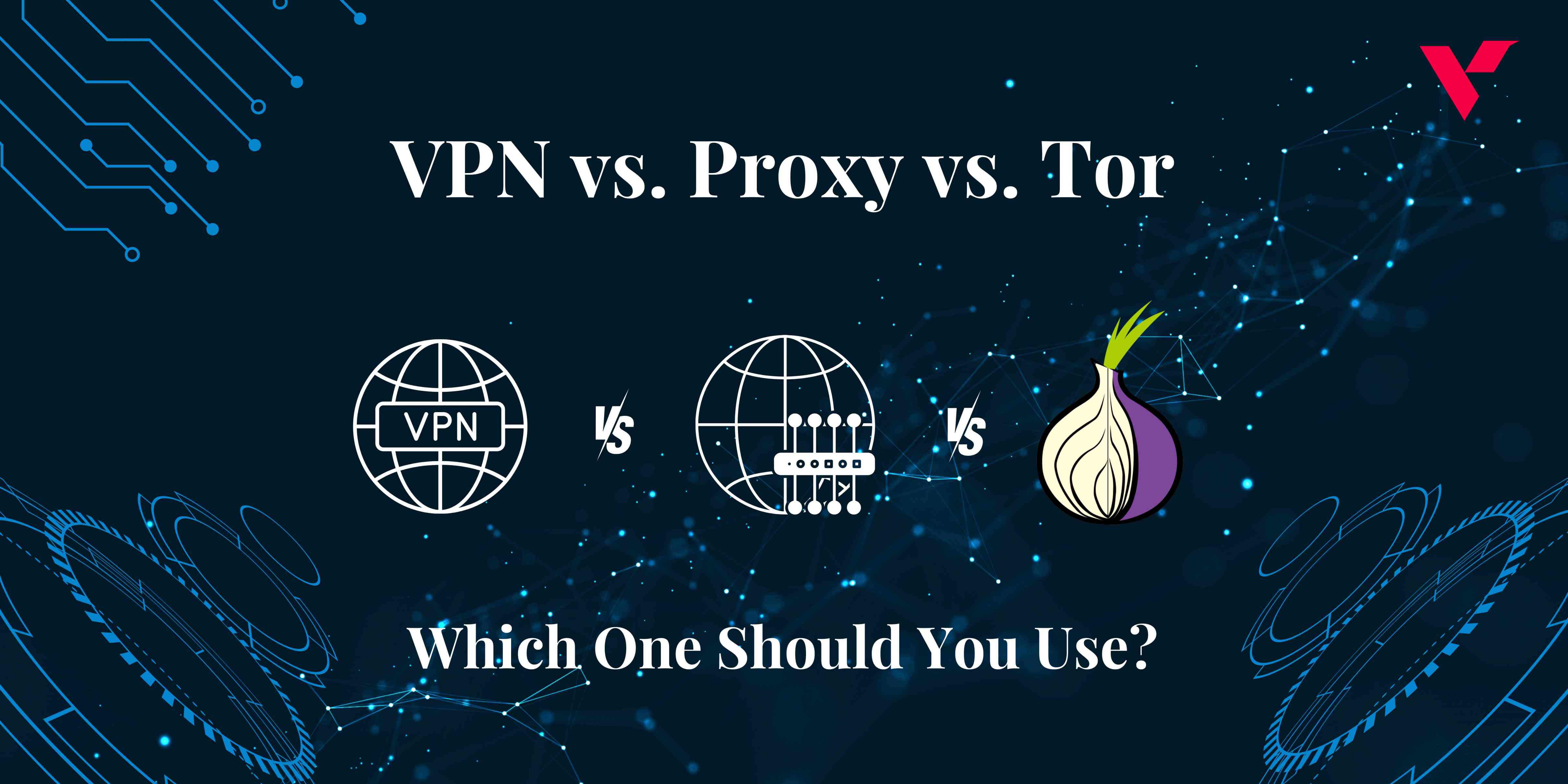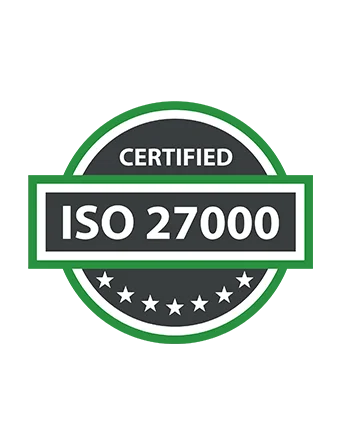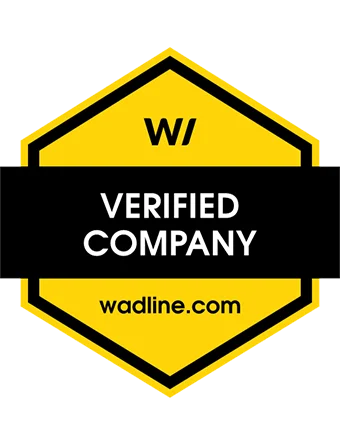Popular Tools by VOCSO
The unprecedented rate of change has businesses rethinking operations. It’s happening everywhere, from manufacturing to healthcare and corporate workplaces. Companies are turning to smart technology, automation, and digital tools to improve efficiency.
This also helps to reduce costs and boost productivity. Automation doesn’t only apply to machinery; it’s not just as important to marketing, communication, and customer engagement. Considering intelligent systems that optimize workflow – they integrate digital solutions for streamlined outreach. Plus, they provide a competitive edge to the business.
Table of Contents
Smart Technology is Driving Innovation
Companies in every conceivable industry and sector are leveraging automation to stay ahead of the pack. Evidence of balance, from healthcare to manufacturing and industrial, to office and workplace solutions. Consider the following:
- Healthcare: Hospitals and clinics use intelligent systems to improve patient care and reduce manual workloads. Resources such as adjustable medical equipment, automated scheduling, and digital records are transforming efficiency.
- Manufacturing & Industrial Operations: Smart automation enhances precision, reduces waste, and increases output. Digital controls allow for real-time monitoring and improved safety.
- Office & Workplace Solutions: Businesses are now integrating ergonomic and automated workstations. This allows for flexible adjustments that improve employee comfort and productivity.
It is true that automation revolutionizes physical operations. But it does more than that – it also reshapes the way that businesses communicate, market, and engage with customers and stakeholders.
The Importance of Email Marketing Platforms for Business Growth
Many businesses optimize internal processes with automation. However, they also require smart digital tools to improve external engagement. This is precisely why email marketing platforms play a critical role. Recall that automation in marketing ensures that businesses stay connected and maintain customer relationships.
It doesn’t necessarily rely on manual outreach. However, a strong email strategy allows companies to send targeted, timely, relevant messages to the right people. This ensures that companies remain at the forefront of customer attention.
Let’s turn our focus to the key benefits of email marketing automation:
- Effortless Communication – Automated email workflows ensure that businesses can engage customers without requiring manual input.
- Personalization & Segmentation – AI-powered targeting delivers the right message to the right audience at the right time.
High Return on Investment (ROI) – Compared to traditional marketing, email campaigns routinely rank among the most cost-effective ways to generate revenue and retain customers.
Truth be told, many different types of industries have already leveraged email marketing automation. They include a plethora of businesses in the healthcare industry. Consider medical suppliers, clinics, and hospitals – they all use email for reminders about appointments, health updates, and product promotions.
And if we switch our attention to the manufacturing and business-to-business industries, it’s much the same. Automated emails keep clients informed about all sorts of things. Think of orders, new product releases, industry trends – you name it.
Workplace solutions and ergonomics companies factor into the equation, too. They also rely on targeted email campaigns to engage their corporate clientele. In summary, any business in any sector, category, or industry looking to boost efficiency, capability, and digital connectivity relies heavily on email marketing platforms to achieve these goals.
This naturally lends to the following question: How do we bridge goals between physical and digital automation? We know that businesses that embrace operational and digital marketing automation are better poised for success than those that don’t.
We see trends across industries, including IoT and AI, driven workspaces, intelligent factories, automated manufacturing, and AI-driven marketing and sales automation.
As we barrel ahead, it is clear which types of companies will lead the way in 2025 and beyond. It is those that integrate physical and marketing automation. This is true for many reasons, including manufacturing precision, workplace efficiency, and customer engagement.
To succeed, companies need to leverage technology for smarter operations and strategic growth potential. Future-oriented businesses that adapt to these paradigm shifts will enhance efficiency and secure a competitive edge in an increasingly digital world.
These same businesses are also striving to scale operations. Data-driven decision-making is more critical than ever. They need real-time insights from automated tools to refine strategies, provide personalized outreach, and maximize efficiency. Companies can get there by integrating AI-driven analytics, automated email marketing platforms, and other smart technologies to stay ahead of the curve.
Why Businesses Are Rethinking Operations in a Fast-Changing World
The unprecedented rate of change has businesses rethinking operations. From manufacturing to healthcare to modern corporate workplaces, every sector is feeling the pressure to adapt. Companies are increasingly turning to smart technology, automation, and digital tools to drive operational efficiency. This shift helps not only to reduce costs but also to boost productivity.
But automation today isn’t limited to physical machinery. It’s just as important in marketing, communication, and customer engagement. Intelligent systems that optimize workflow are becoming essential. These systems integrate digital solutions for streamlined outreach, personalized engagement, and better decision-making — all while offering a competitive edge in the market.
Companies in nearly every industry are leveraging automation to stay ahead. Whether in healthcare, manufacturing, or office-based businesses, smart technology is improving output and reducing operational friction. In healthcare, for instance, hospitals and clinics use digital tools like automated scheduling systems, smart medical equipment, and digital patient records to improve care delivery and reduce manual work. In manufacturing and industrial settings, automation enhances precision, reduces material waste, and allows real-time monitoring for improved safety and quality control. Office-based businesses are investing in ergonomic, AI-integrated workstations that adjust automatically to user preferences, supporting both comfort and productivity.
Clearly, automation revolutionizes physical processes — but its true power lies in reshaping how businesses communicate and build relationships. The modern workplace must now automate not just production, but also outreach, content delivery, and customer engagement. This dual-focus approach helps brands stay relevant, agile, and customer-centric.
The Role of Email Marketing Platforms in Business Growth
Many companies have automated internal workflows, but few realize that external communication requires the same attention. That’s where email marketing automation platforms come in. These platforms enable businesses to maintain meaningful customer relationships without depending solely on manual outreach. When integrated properly, they allow brands to deliver relevant, targeted, and timely messages that resonate with customers at every stage of their journey.
One major benefit of automation in email marketing is effortless communication. Automated workflows allow businesses to send welcome emails, follow-ups, promotions, and updates with zero manual input. Personalization and segmentation powered by AI ensure the right content reaches the right audience at the right time. Not to mention, email campaigns consistently deliver a higher ROI than many traditional channels, making them one of the most cost-effective ways to increase revenue and customer retention.
Industries across the board already harness this power. In healthcare, clinics and suppliers send appointment reminders, health alerts, and promotional offers to patients and partners. In manufacturing and B2B sectors, automated emails keep clients informed about new products, order updates, and market trends. Even companies offering workplace and ergonomic solutions rely on targeted campaigns to engage corporate clients and nurture leads.
Any organization aiming to enhance efficiency, digital presence, and communication must now treat email automation as a cornerstone of strategy — not an afterthought.
As this trend grows, a critical question emerges: how can businesses unite operational automation with digital marketing automation? Those who manage to bridge the two will be far better positioned for success. We already see this integration playing out across sectors, from IoT-enabled factories and AI-augmented offices to automated marketing pipelines and AI-based lead scoring.
Looking ahead to 2025 and beyond, companies leading the charge will be those that seamlessly combine physical automation (for efficiency and precision) with marketing automation (for personalization and growth). The synergy between these domains is becoming a new standard for modern enterprise.
To truly scale in the digital age, businesses must embrace data-driven decision-making. With the right mix of AI-driven analytics, real-time insights, and automation platforms, companies can refine strategies faster, connect more deeply with customers, and unlock long-term value. By aligning both operational and marketing technologies, forward-thinking businesses can confidently stay ahead of the curve.
















